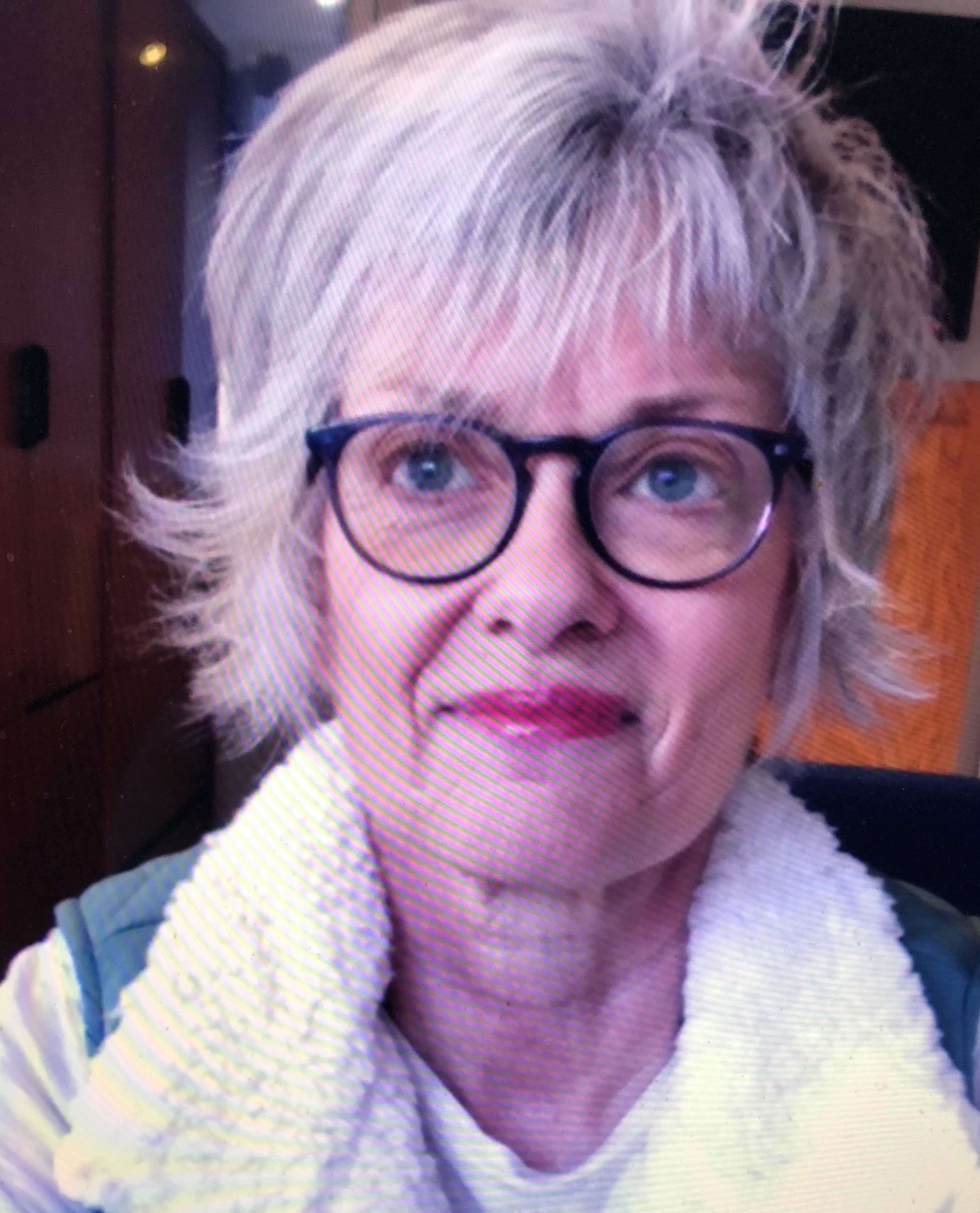Ginger Edwards, MA, LPC
Licensed Professional Counselor
Certified Functional Diagnostic Nutrition Practitioner
Licensed Professional Counselor
Certified Functional Diagnostic Nutrition Practitioner
Place your cursor over each letter to read just how HOPE can help you.
H
O
P
E
Hope
Hope is crucial in psychotherapy, both for the client and the therapist. It is my belief that I am able to help every client who is committed to the therapeutic process. I believe people can change their internal worlds by gaining insights, trying new and healthier behaviors, choosing to interpret their external environments realistically, and breaking isolation. Change is possible and occurring all around us in therapy groups, recovery groups, individual and family therapy, treatment centers, places of worship, and yoga and meditation communities.
Hope is crucial in psychotherapy, both for the client and the therapist. It is my belief that I am able to help every client who is committed to the therapeutic process. I believe people can change their internal worlds by gaining insights, trying new and healthier behaviors, choosing to interpret their external environments realistically, and breaking isolation. Change is possible and occurring all around us in therapy groups, recovery groups, individual and family therapy, treatment centers, places of worship, and yoga and meditation communities.
Optimism
I let my patients know that I believe I can help them. I try to communicate my optimism of the healing process. My own healing journey for the past 23 years offers inspiration to others. I do not accept "I can't" from clients. Together we will work out a treatment plan of action and break it down into small incremental steps, assuring success. I choose to reframe setbacks as part of the learning process and not a reason to give up. I normalize the slow process of change with its ups and downs. I believe clients owe it to themselves to heal. I often see myself as a "cheerleader" as clients make changes.
I let my patients know that I believe I can help them. I try to communicate my optimism of the healing process. My own healing journey for the past 23 years offers inspiration to others. I do not accept "I can't" from clients. Together we will work out a treatment plan of action and break it down into small incremental steps, assuring success. I choose to reframe setbacks as part of the learning process and not a reason to give up. I normalize the slow process of change with its ups and downs. I believe clients owe it to themselves to heal. I often see myself as a "cheerleader" as clients make changes.
Patience
Recovery and therapy take time. I have worked on and off with the same patients for many years as they work through underlying issues of emotional abandonment, grief and loss, and emotional, physical, and sexual abuse. Healing is a process that has to be honored, with no time demands imposed. It takes as long as it takes. While this process takes place, I encourage clients to practice self-care and self-acceptance and to show up for themselves. These are underpinnings of healing. Impatience only hinders the process, as it is a form of abandoning oneself.
Recovery and therapy take time. I have worked on and off with the same patients for many years as they work through underlying issues of emotional abandonment, grief and loss, and emotional, physical, and sexual abuse. Healing is a process that has to be honored, with no time demands imposed. It takes as long as it takes. While this process takes place, I encourage clients to practice self-care and self-acceptance and to show up for themselves. These are underpinnings of healing. Impatience only hinders the process, as it is a form of abandoning oneself.
Empathy
I offer my clients empathy as they open up and begin to tell their stories. Often it is the first time they have ever shared their story with anyone in its entirety. Stories are often sad, tragic, and unfair. Clients need to have this validated as they often think their life was normal, or they minimize the impact of their experience by claiming others had it worse. Empathy is not to be confused with sympathy. For me, empathy is witnessing another's pain with dignity and honor. I see myself as walking with a client, knowing their pain, and sharing that intimate space together. As a client begins to heal and practice self-love, he or she often begins to have more empathy and acceptance for others.
I offer my clients empathy as they open up and begin to tell their stories. Often it is the first time they have ever shared their story with anyone in its entirety. Stories are often sad, tragic, and unfair. Clients need to have this validated as they often think their life was normal, or they minimize the impact of their experience by claiming others had it worse. Empathy is not to be confused with sympathy. For me, empathy is witnessing another's pain with dignity and honor. I see myself as walking with a client, knowing their pain, and sharing that intimate space together. As a client begins to heal and practice self-love, he or she often begins to have more empathy and acceptance for others.
